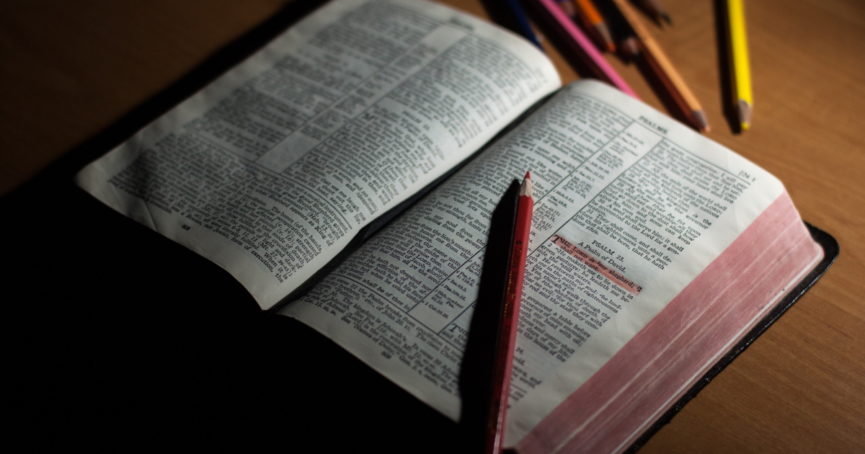Monday Devotional: January 29, 2024

Bible Reading: 1 Corinthians 9:16-23 (NRSVUE)
16 If I proclaim the gospel, this gives me no ground for boasting, for an obligation is laid on me, and woe to me if I do not proclaim the gospel! 17 For if I do this of my own will, I have a wage, but if not of my own will, I am entrusted with a commission. 18 What then is my wage? Just this: that in my proclamation I may make the gospel free of charge, so as not to make full use of my rights in the gospel. 19 For though I am free with respect to all, I have made myself a slave to all, so that I might gain all the more. 20 To the Jews I became as a Jew, in order to gain Jews. To those under the law I became as one under the law (though I myself am not under the law) so that I might gain those under the law. 21 To those outside the law I became as one outside the law (though I am not outside God’s law but am within Christ’s law) so that I might gain those outside the law. 22 To the weak I became weak, so that I might gain the weak. I have become all things to all people, that I might by all means save some. 23 I do it all for the sake of the gospel, so that I might become a partner in it.
Paul is working in Corinth as he carries out his apostolic mission. In the midst of his work, the issue arises as to how the Corinthians will pay Paul for his labors. Teachers and philosophers received support in several ways. Paul chose what must have been the least popular: earning his own way by manual labor. Paul became a tent maker in the most literal sense.
But interestingly enough, this decision comes only after Paul himself has established his right to be paid for his labors. If Paul were a volunteer, he would have the same right as anyone else to earn his living as a minister or servant of the church. He would then be someone who had decided voluntarily to give his time and his work in return for a salary. But Paul insists that it is not by his own free will that he offers this service but rather that God has commissioned him to be an apostle. The fire of his apostleship burns in his bones, much like the prophets of old. Hence, Paul connects the issue of how he will earn his keep with the fact that he is called by God to be an apostle for the sake of the gospel. One authenticates the other.
On this basis, Paul claims that he offers the gospel “free of charge,” that is, without cost to anyone. To do so requires that he renounce his rights to be paid a just wage for his apostolic work. In Paul’s mind, he offers the gospel in a way consistent with the gospel itself. Jesus had renounced any and all rights in order to give himself and the gospel freely to all who would receive it. Paul’s mission is to reach as many people as possible with the good news. His understanding of apostleship now frees him to become all things to all people in order to win them, that is, to bring them within hearing distance of the gospel. Christian freedom for Paul allows him to surrender his self-interest on behalf of others’ needs. Is this true for us well?
Prayer
Lord, give me the courage to be free to give my life to others. Amen.
By V. Bruce Rigdon, The Upper Room Disciplines 2015, page 49.
